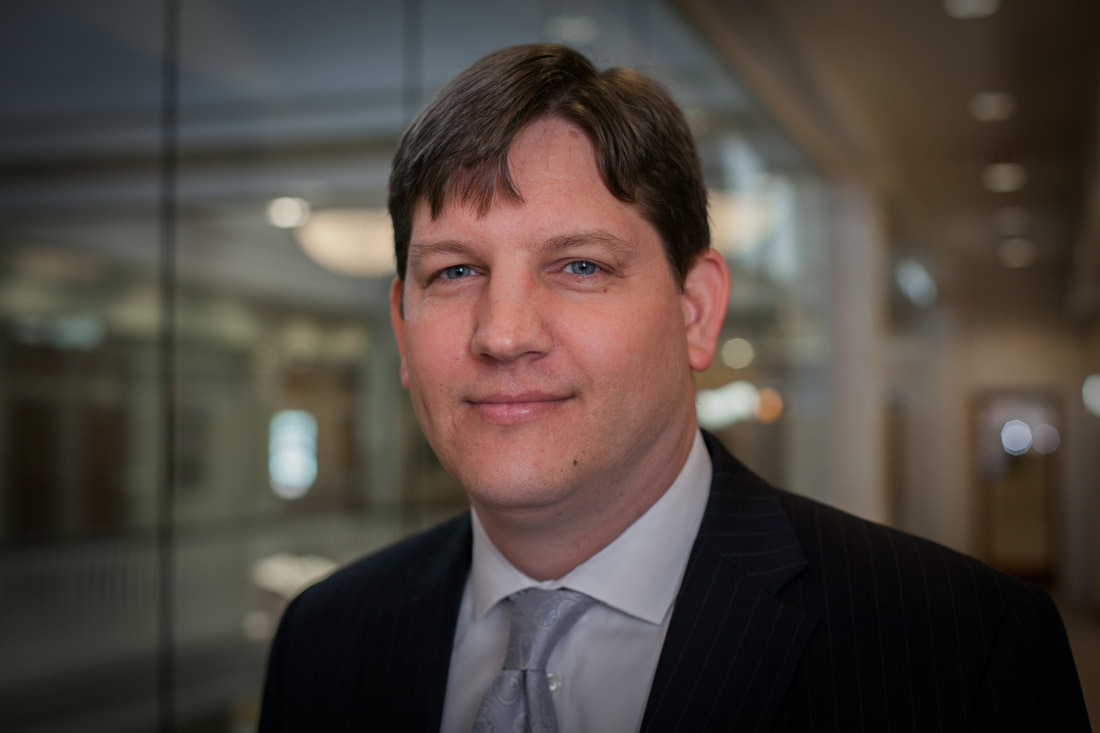|
The boring truth of financial analysis and portfolio management is that the majority of our days are spent visiting with clients, reading, reading, reading, and when required, making decisions. Years ago it would have included quite a bit of time on a calculator, but thanks to the low cost of computers and software, most of the number crunching can now be completed with the push of button. Using a computer to save time is a joy, but I am afraid that the reliance on the power of technology will cause a great deal of harm to individual investors. My reasoning is very simple. We have never been, nor will we ever be, able to tell the future. Yet we forget that fact when a salesman, advisor, or counselor suggests otherwise, mesmerizing us with massive amounts of data, mathematical probabilities, and multiple graphs so easily created with the help of today’s technology. When overloaded with information, especially information provided to us by someone we believe is trustworthy, we will take shortcuts. We will accept the validity of the data and believe the predictive message that the trusted party is presenting. This reality of human behavior is the reason I wanted to share with you some advice from Nobel Laureate Kenneth Arrow. Dr. Arrow jointly won the Nobel Memorial Prize in Economic Sciences with John Hicks in 1972. He passed away last year. I wish I could say that I met Dr. Arrow, or even corresponded with him during his life and let him know how he had greatly influenced our management of portfolios over the years, but unfortunately I did not. Years ago, during a rather difficult time for me as a value manager, the great technology bubble of the late nineties occurred. It seemed as though peoples’ decision processing hadn’t changed for hundreds of years… they still reacted just like the Europeans did to the price of tulip bulbs centuries earlier. Because I would not play the game myself, and would not advise our clients to play the game, our business suffered. Some of our clients decided we were out of touch with reality and took their funds elsewhere. So as I have done many times, I went to my library to look for some reassurance. From the bookshelf I pulled down my copy of Against the Gods, The Remarkable Story of Risk, authored by Peter L. Bernstein. In chapter twelve, entitled The Measure of Our Ignorance, which seemed appropriate given the number of people who had already measured me on their own scale of ignorance, I was introduced to Kenneth Arrow. This is the story, told by Peter Bernstein and Kenneth Arrow, which had such influence on our approach to portfolio management: Early on, Arrow became convinced that most people overestimate the amount of information that is available to them. The failure of economists to comprehend the causes of the Great Depression at the time demonstrated to him that their knowledge of the economy was “very limited.” His experience as an Air Force weather forecaster during the Second World War “added the news that the natural world was also unpredictable.” Here is a more extended version of the passage from which I quoted in the Introduction: The vast of majority of Financial Planners, Financial Advisors, Investment Advisers, and anyone else who gives advice on an individual’s finances have assumed the role of either the General, the weather forecaster, or both. As a General in the investment business, I receive one forecast after another from multiple agents, none of whom are asking to be relieved of duty. In fact they want to convince me with data, history, and marketing that their forecast can be relied upon without questions. As a General, I too know that most of these are no good! We know that our most important job is to manage risk at the total portfolio level individually for each and every one of our clients. We do use the power of technology to improve efficiency and reduce the amount of time crunching numbers. However, we also recognize that information, by itself, is not very valuable until it is filtered for errors and integrated into some comprehensible format. Even then, the knowledge gained from the information must be usable and implementable. I am going to end with one more story about Dr. Arrow. This story was shared by Larry Summers, the 71st United States Secretary of the Treasury. Last year, Dr. Summers gave a commemoration at the Institute for Advanced Studies for his Uncle, Kenneth Arrow. In his address, he said this: I remember being in a conversation, with Kenneth and Selma in their kitchen in Cambridge, many years ago. We were discussing annuities. We were having a highly-animated conversation about intemporally separable utility, the nature of the bequest motive, risk aversion, adverse selection and whether purchasing annuities was optimal. A group of economic theorists like those here can more or less imagine all the propositions. Selma didn’t really find the conversation very interesting, but said, “Well, wait a minute, annuities?, We’re approaching retirement. Do we have a plan?” And Kenneth said, “Oh, I don’t know. Whatever, it will work itself out. It will work itself out in some reasonable way.” Dr. Arrow was a humble man who knew that there is no certainty in life, and had deep faith that the future will unfold in unpredictable ways. Whatever happens, things will just be fine.
Until next time, Kendall J. Anderson, CFA Comments are closed.
|
Kendall J. Anderson, CFA, Founder
Justin T. Anderson, President
Categories
All
Archives
April 2024
|
|
Common Sense Investment Management for Intelligent Investors
|



 RSS Feed
RSS Feed